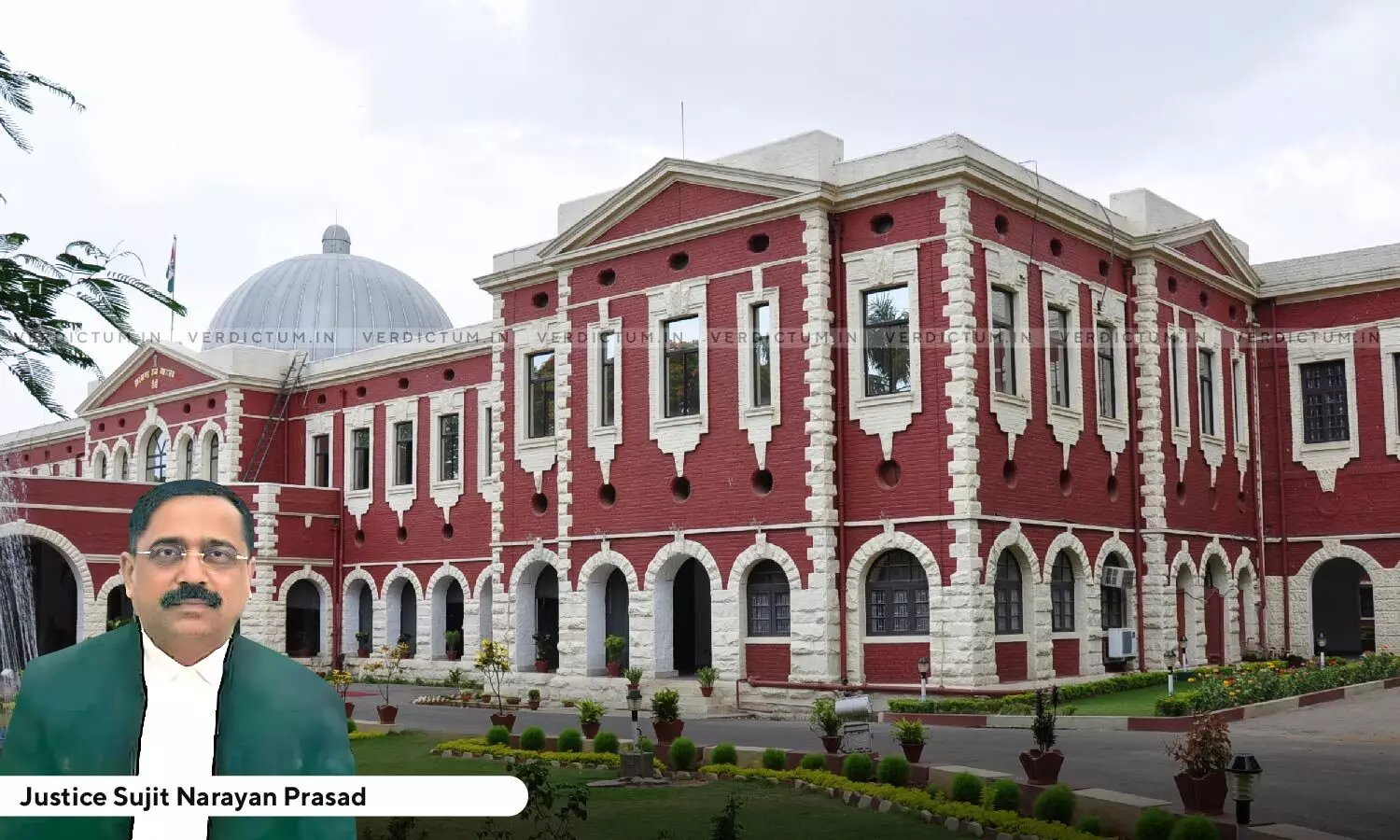
Section 65B Evidence Act Applies To Production Of Electronic Goods; Not Documents: Jharkhand High Court
 |
|The Jharkhand High Court enunciated that Section 65-B of the Indian Evidence Act, 1872 (IEA) is applicable to the production of electronic goods, and not documents.
The Court observed thus in a petition under Article 227 of the Constitution, challenging the order of the Additional Civil Judge by which a petition under Section 65 of IEA was rejected.
A Single Bench of Justice Sujit Narayan Prasad said, “Section 65 of the Indian Evidence Act is mainly for the purpose of treating the document as secondary evidence depending upon the availability of the conditions mentioned therein. … Section 65-B of the Act is for the purpose of treating the electronic goods as evidence. … One of the provisions of Section 65-B, particularly under Section 65-B(4), is that while accepting the electronic device, a certification is to be given by its custodian.”
Advocate Amar Kumar Sinha appeared on behalf of the petitioner while Advocate Praveen Jaiswal appeared on behalf of the opposite parties.
In this case, the Addl. Civil Judge rejected the petition filed under Section 65 of IEA for accepting the photocopies of the bank drafts and money receipts via secondary evidence in the suit on the ground that the plaintiff failed to prove their genuineness as she could not produce any certification from the Bank from where items were issued. The counsel for the petitioner submitted that the reason of rejection of petition was improper.
It was contended that the petition was not filed under Section 65-B of IEA and since cannot be filed under the aforesaid provision in view of the fact that the electronic goods was not a subject-matter, rather the document was sought to be made acceptable by treating it as secondary evidence on account of availability of the conditions stipulated under Section 65 of IEA, but instead of giving consideration of the legal issue as per the provision of Section 65, the order was passed presuming the petition filed under Section 65-B and, hence, the order suffers from error and as such, is not sustainable in the eyes of law.
The High Court after hearing the contentions of the counsel observed, “The purpose for making reference of these provisions is that the learned Court has assigned the reasons while rejecting the petition dated 20.12.2022 that the plaintiff could not produce any certification from Bank from where items were issued. … The aforesaid findings appear to be made on the premise that the petition so filed is under Section 65-B of the Indian Evidence Act.”
The Court further noted that since the provision of Section 65-B is with respect to production of electronic goods, but herein, as per the prayer made in the petition, the electronic goods is not the subject matter, rather it is in the form of documents, i.e., the photocopies of four demand drafts issued by the Bank and two money receipts, which have been sought to be produced by way of secondary evidence, meaning thereby, the said documents will come under the fold of Section 65 and that is the reason the petition has also been filed under Section 65, but the Trial Court, on misconception, rejected the said petition having beyond the scope of Section 65 of IEA.
“This Court, therefore, while exercising the power conferred under Article 227 of the Constitution of India, is of the view that it is a case where the error is apparent on the face of the order dated 22.12.2022 is evident due to rejection of the petition on the premise of applicability of Section 65-B of the Indian Evidence Act, 1872”, it concluded.
Accordingly, the High Court disposed of the petition, quashed the order, and directed the Trial Court to pass a fresh order, strictly in accordance with law.
Cause Title- Meena Kumari Sinha v. M/s Maruti Suzuki India Ltd. & Ors.
Appearance:
Petitioner: Advocates Amar Kumar Sinha and Sumit Kumar.
Opposite Parties: Advocate Praveen Jaiswal